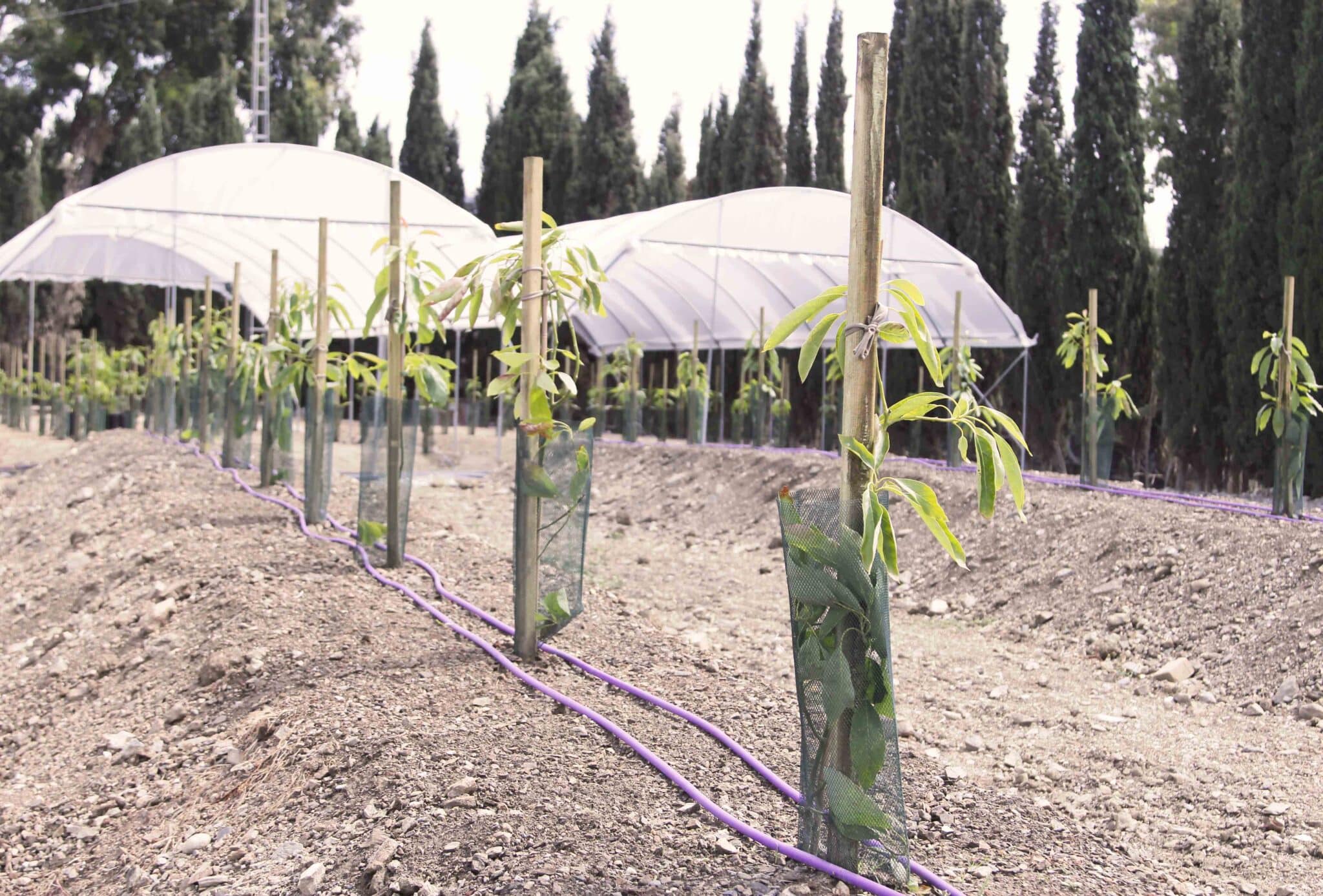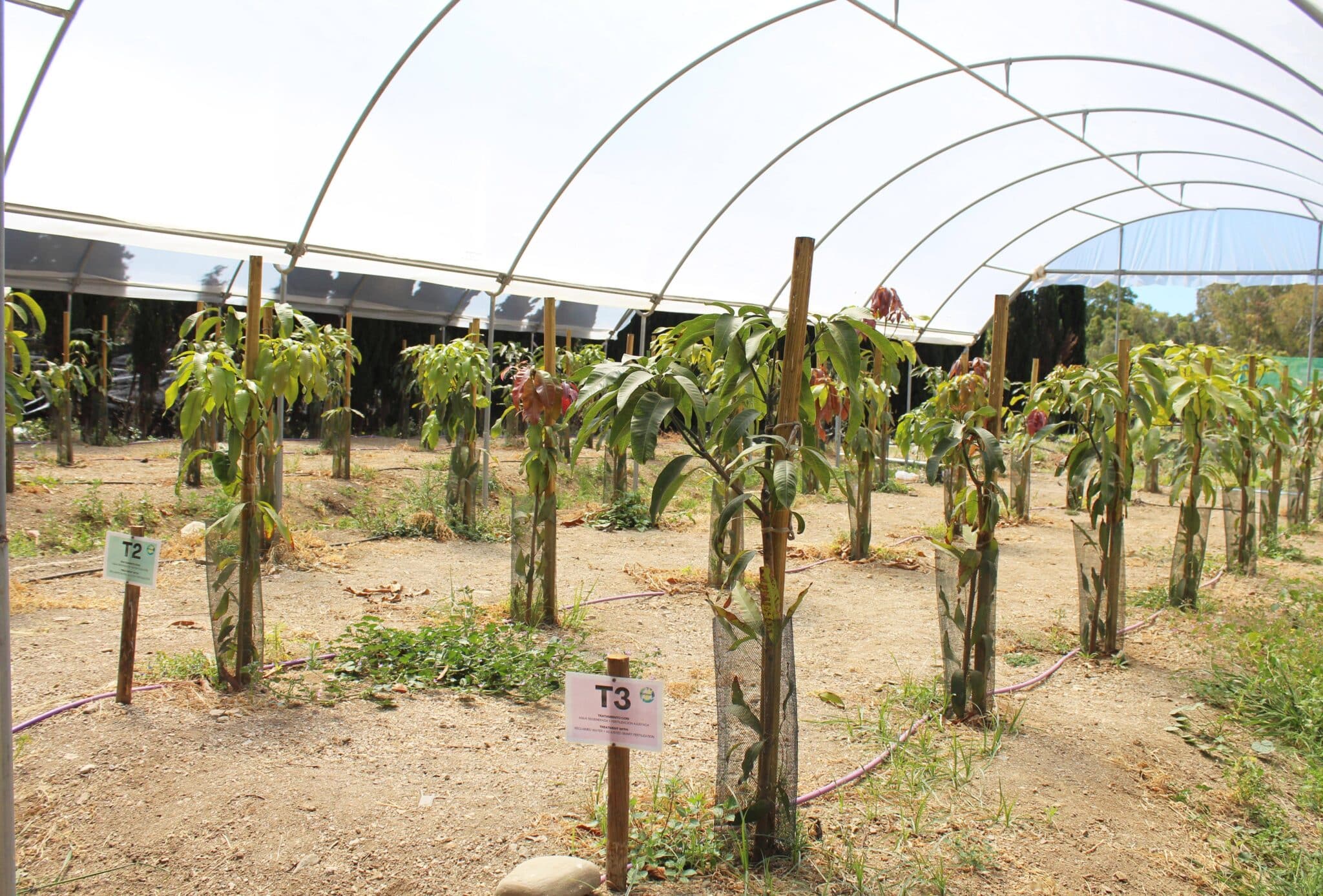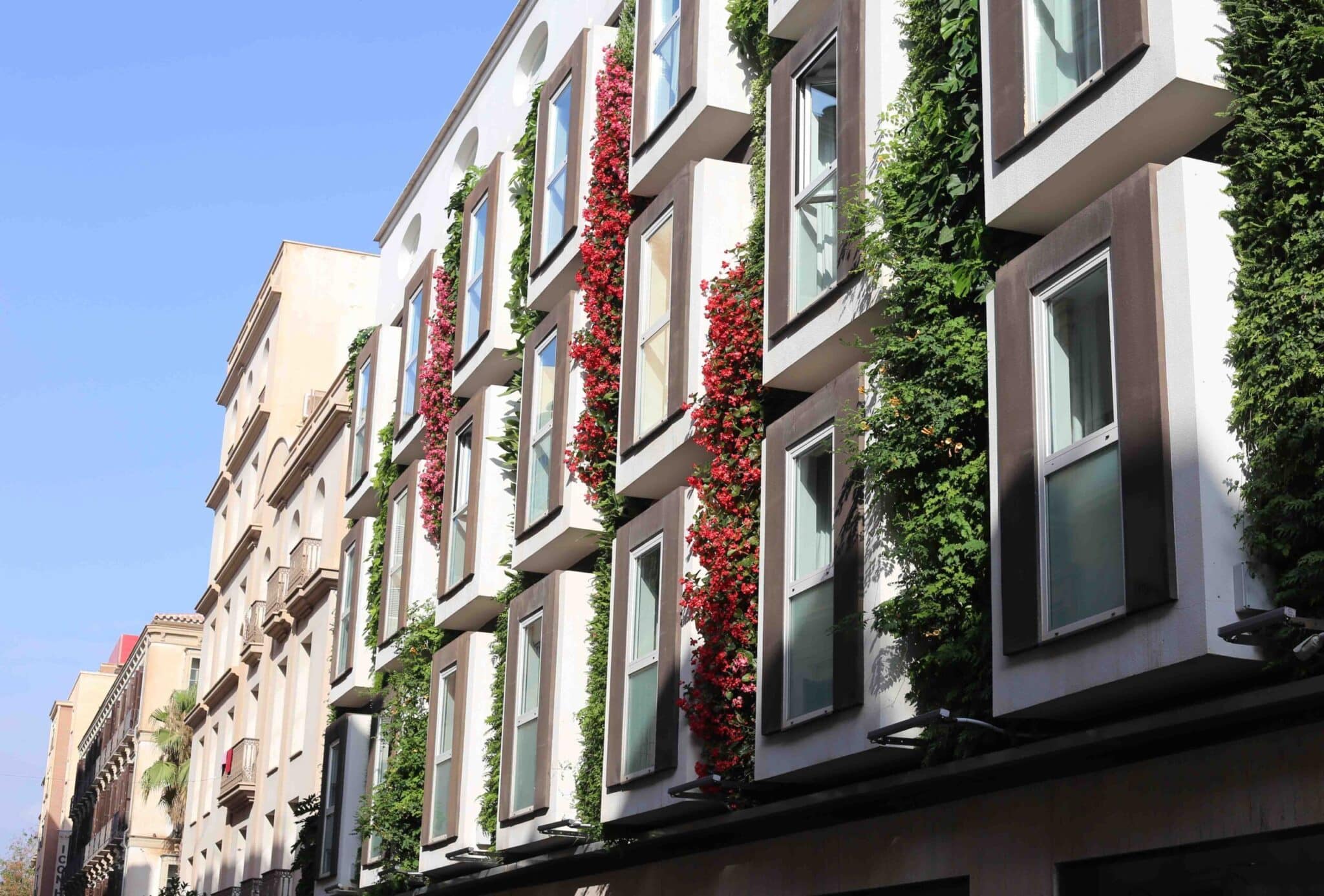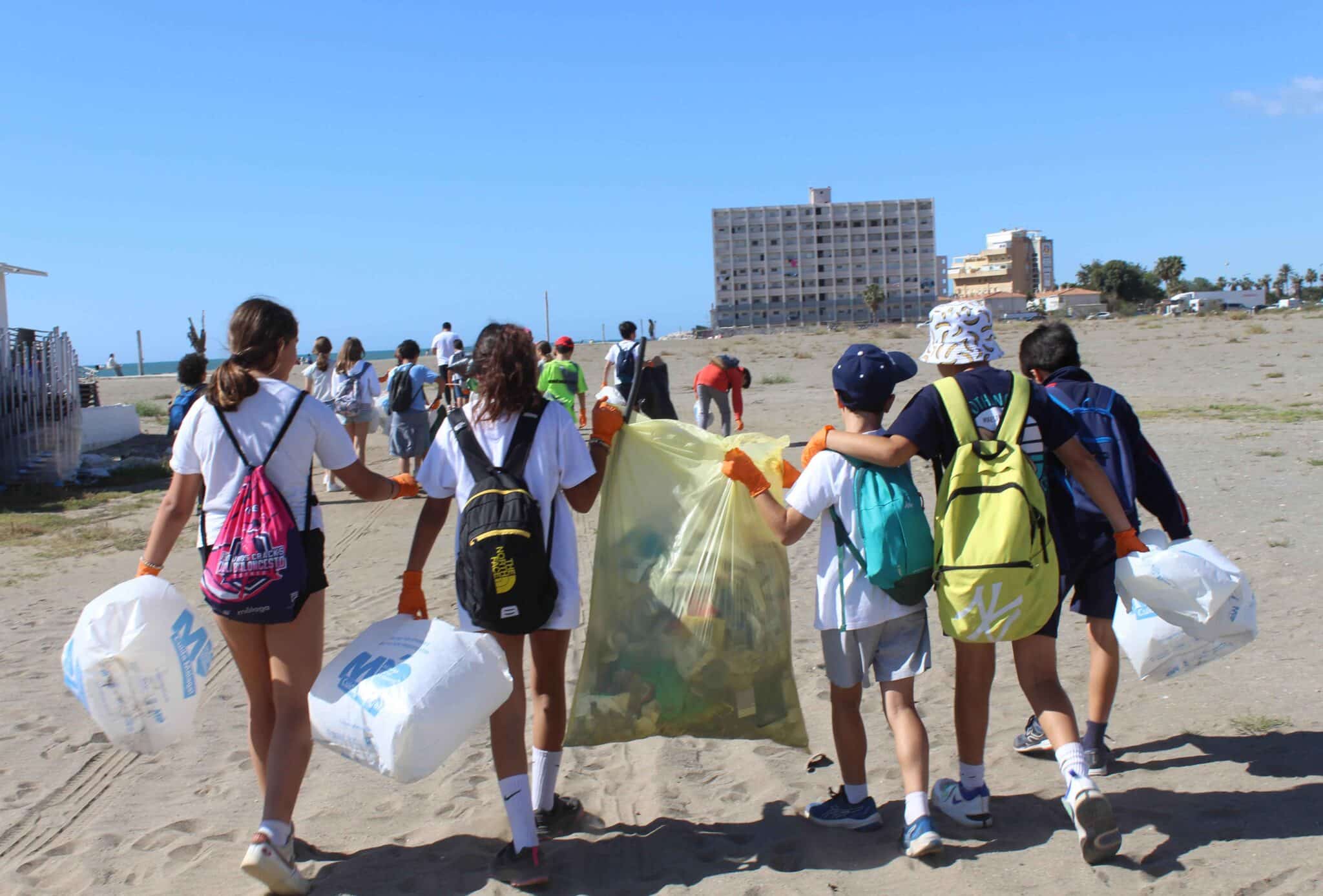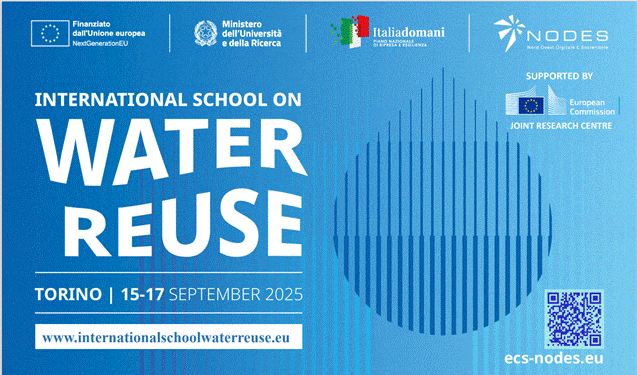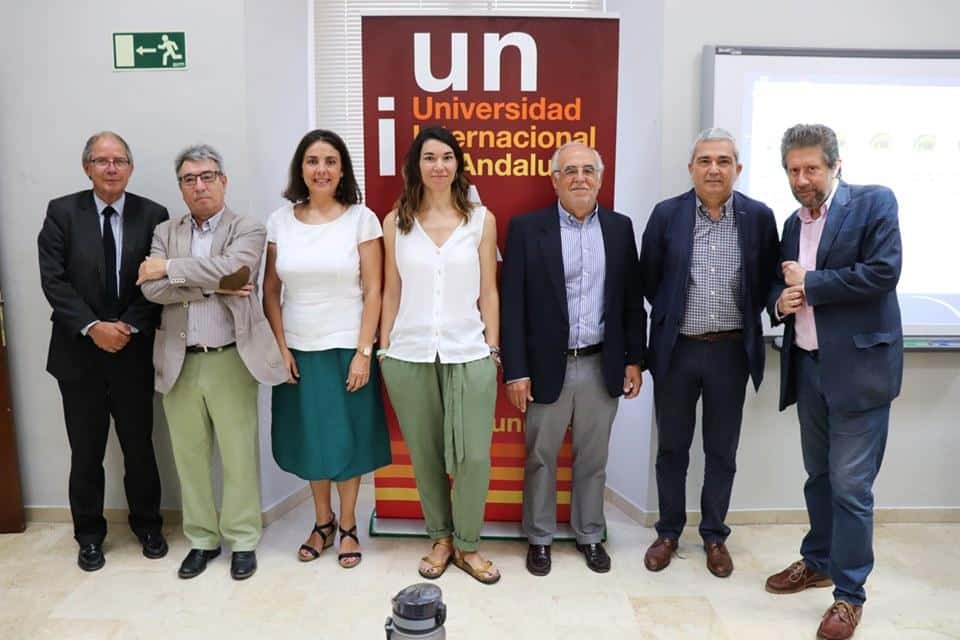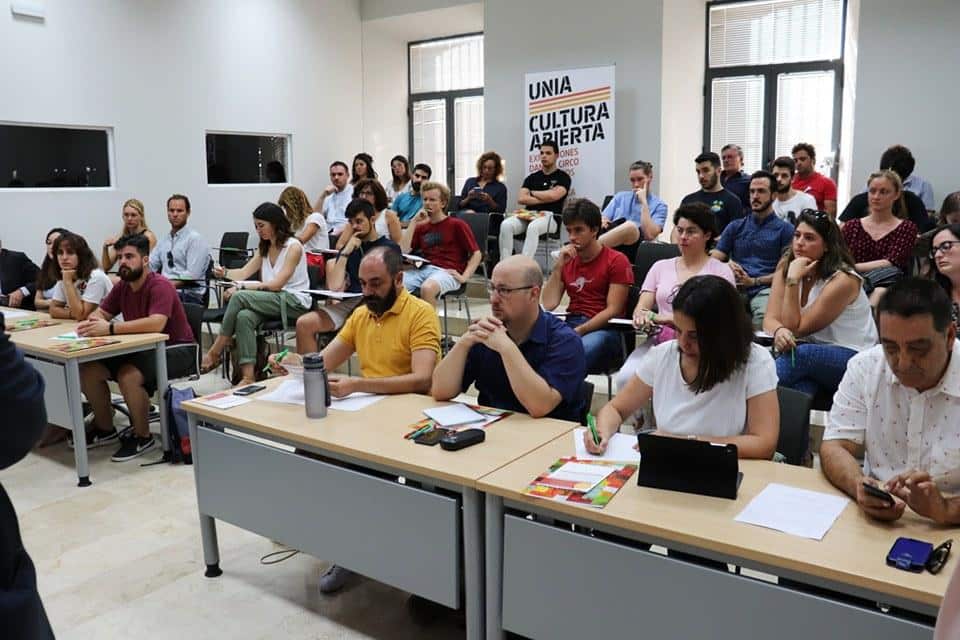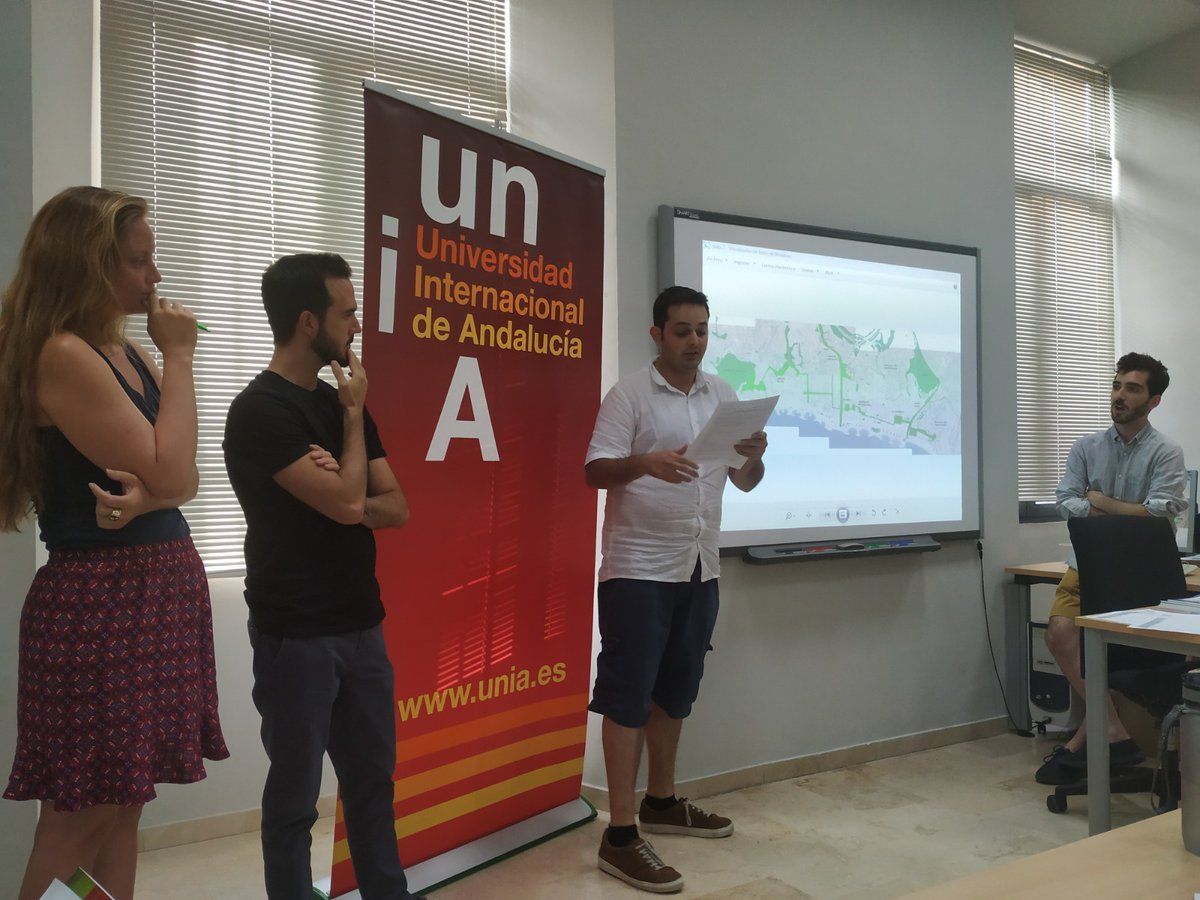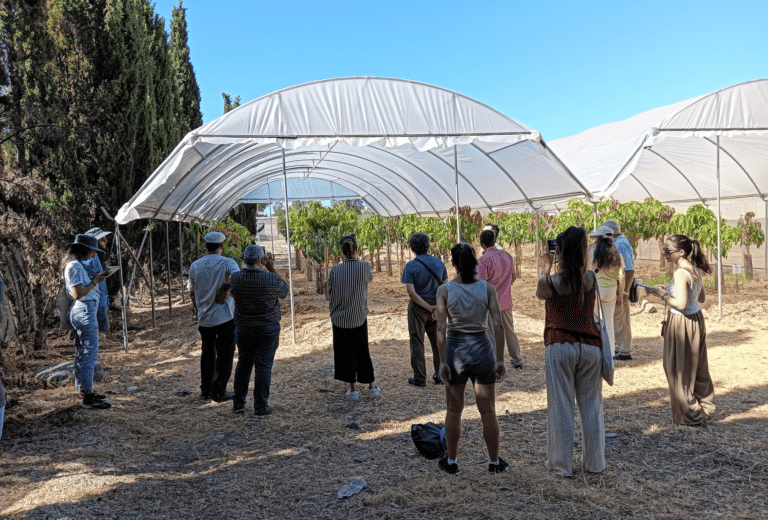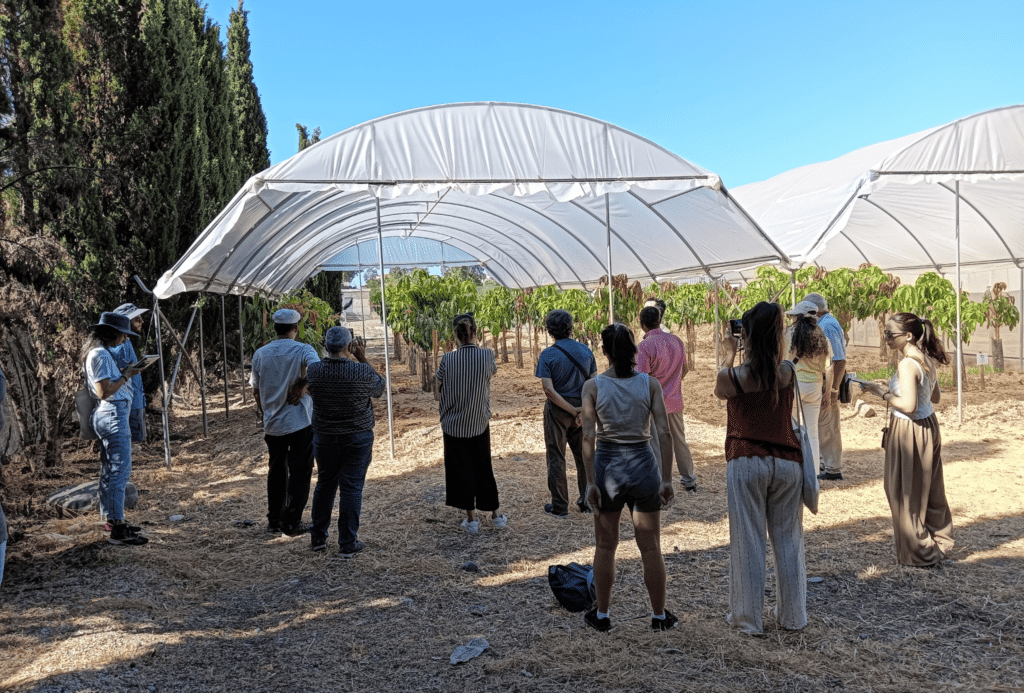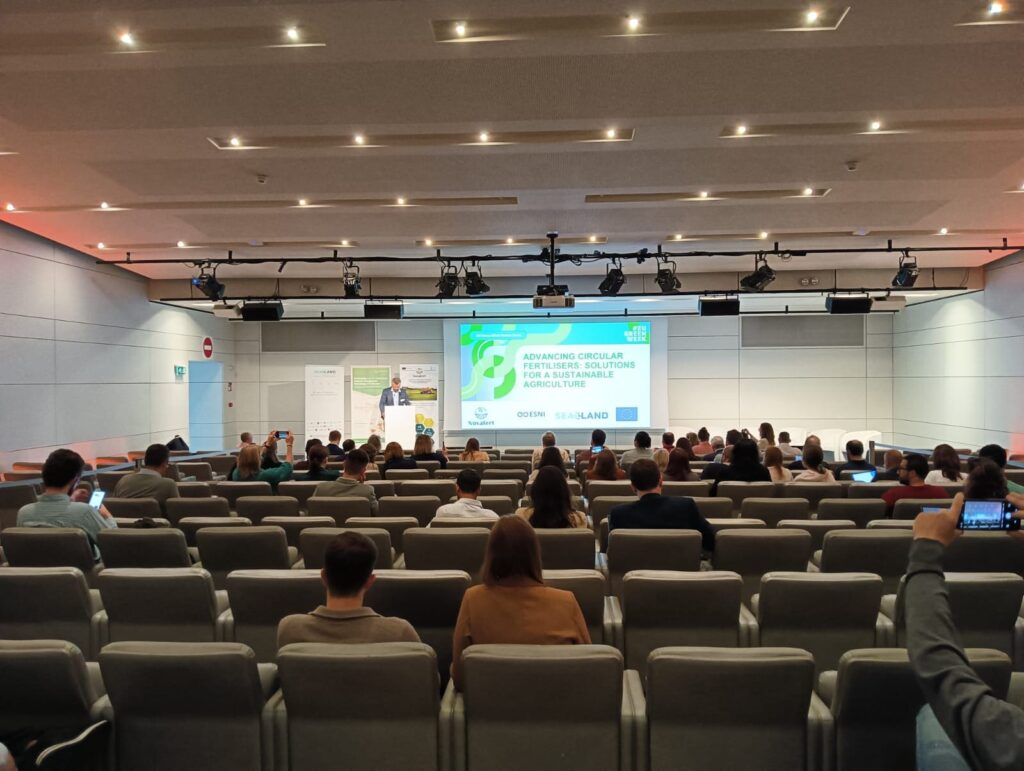From 15th to 18th of July, BIOAZUL participated in the summer school “NbS and Green Infrastructures in the Mediterranean urban context” focused on the urban sustainability of Málaga. It was organised by the International University of Andalusia (UNIA), the University of Málaga’s General Foundation (FGUMA) and the IUCN Centre for Mediterranean Cooperation, among others.
The main objective of the school was to focus on how to tackle the different challenges Mediterranean cities are facing towards urban sustainability as well as to provide several answers in the shape of Nature-based Solutions (NbS). In light of this, a range of innovative solutions were suggested (e.g. green infrastructures) and a number of tools and methods were taken as a reference (e.g. European Programme of Green Infrastructure). The Mediterranean Green Corridor was also introduced and analysed as an example of the implementation and management of green corridors and green infrastructures in this region.
The organisation of this summer school highlights the importance of finding innovative, technological and collaborative solutions within urban environments so as to increase well-being and sustainability in Mediterranean cities facing climate change effects.
The course included the participation of experts at international and Mediterranean level with profound knowledge and experience in Euro-Mediterranean politics, urban sustainability and health, and design and evaluation of cities and green infrastructures. Some of these high-level speakers were Mr. Antonio José Troya Panduro (director of IUCN Centre for Mediterranean Cooperation), Ms. Alicia Torrego (CEO of CONAMA Foundation), Mr. Enrique Salvo Tierra (Dr. Prof. at Plant Biology dept. of University of Málaga), Ms. Cecilia Gañán de Molina (international consultant in Communication and Development and European expert on city and regional politics), Mr. Juan Marcos Castro (Dr. in Applied Economics, associate professor at University of Málaga and expert in Urban Economy and Sustainability) and Ms. María Pita Fernández (chief of technical area at the Ministry for the Ecological Transition), among others.
This summer school involved a great number of registered students, which offered an interdisciplinary character to the class. The different profiles included BSc and MSc students of Environmental Science, Biology, Geography, Economics, etc. as well as technicians and staff members of the public administration, SME and consultancy firms involved or interested in NbS.
The training programme focused on urban sustainability included the study of key concepts for the implementation of NbS such as ecosystem services, territorial resilience, social innovation, sustainable development goals, and how to integrate these into specific programmes, plans and policies at different territorial scales. Furthermore, the class carried out a thorough analysis of the Mediterranean region and the Alborán area, addressing the main characteristics of the region (e.g. population growth patterns, urbanization rate, biodiversity loss). The consequences of the current development were highlighted (e.g. waste generation, heat island effect in cities, pressure in the water-food-energy nexus), as well as the obstacles to overcome (e.g. uneven economic development, political commitment, lack of financial resources) and the most relevant aspects for the implementation of NbS (e.g. co-creation, international cooperation, cultural revolution in politics, etc.).
Some crucial strategies to follow were also described, such as the “Spanish National Strategy of Green Infrastructure, Connectivity and Ecological Restoration” or the “European Strategy of Green Infrastructure”, and several documents were presented to support NbS, including the report “Towards Nature based Solutions in the Mediterranean: 14 examples put forward by IUCN members and partners in the Mediterranean region” or “Nature based Solutions in Mediterranean cities. Rapid assessment report and compilation of urban interventions”, both documents published by IUCN.
Together with the lectures and presentations given during this four-day course, the students had the chance to work in teams and develop case studies through thematic workshops. As an example, every group had to come up with a strategy for the implementation of nature-based solutions in selected districts of the city of Málaga.
In sum, the organization of these training programmes offers an excellent forum for dissemination and discussion about the importance of NbS, as they are considered as a unique opportunity to tackle the environmental and socio-economic challenges suffered by Mediterranean cities.
